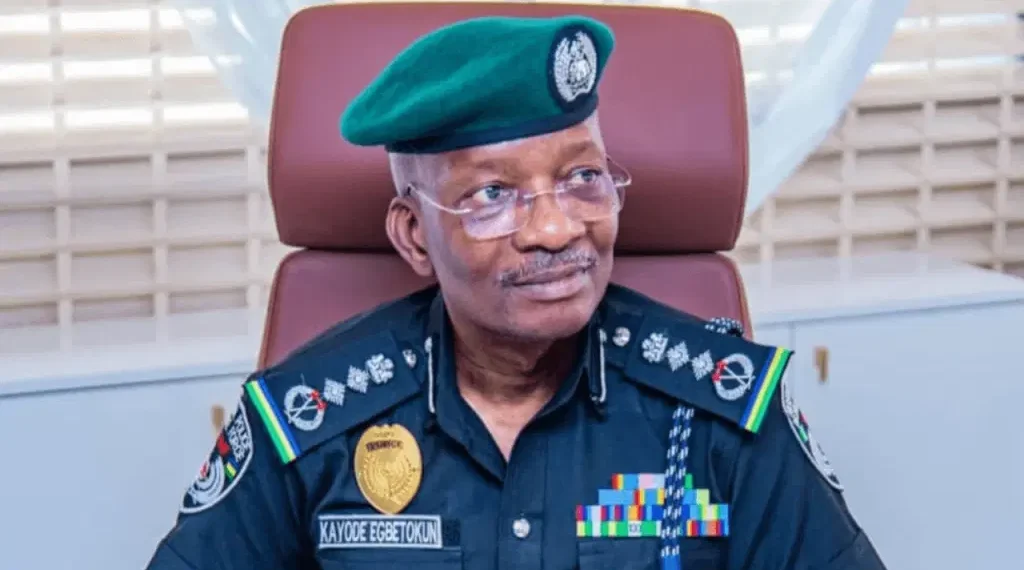A Bayelsa State High Court sitting in Nembe has issued a 42-day ultimatum for the Inspector-General of Police (IGP), Kayode Egbetokun, to appear before it in a high-profile case involving a N649 million hotel debt. The case, presided over by Justice T. Y. Abasi, centers on allegations brought forward by Chief Darius Obienem, the owner of Euphemie Motel in Opu-Nembe, Bayelsa State.
The plaintiff, Chief Obienem, accuses the Nigeria Police Force, including its Special Weapons and Tactics (SWAT) team, of unlawfully occupying his hotel from August 12, 2023, to October 3, 2024, without payment. According to court documents, the SWAT team allegedly converted the hotel into an operational base during a mission reportedly requested by former Minister of State for Petroleum Resources and APC governorship candidate, Chief Timipre Sylva.
Justice Abasi warned that if the IGP, the Nigerian Police, and the Police Service Commission fail to appear in court, either in person or through legal representation, judgment could be delivered in their absence. The suit, numbered BHC/NHC/CV/323/2024, demands financial compensation and a formal declaration of the occupation as illegal.
Read Also: Air force has cut accommodation deficit by 25%, says Abubakar
The claims by Chief Obienem include a demand for N25,000 per room per night for all 10 rooms, amounting to millions over the 13-month occupation. Additionally, he is seeking N100,000 daily for three conference halls and a cumulative sum of N649,450,000 for losses incurred. The plaintiff also demands N200 million in damages for the forceful entry, operational disruptions, and loss of revenue from the motel’s bar and restaurant.
The Trumpet recalls that the SWAT team was deployed to Opu-Nembe amid tensions in the community, allegedly at the behest of Sylva. This controversial occupation sparked public outrage, as locals decried the misuse of private property without due process.
The court’s ruling underscores the gravity of the situation, as it seeks to hold the police accountable for their actions. The next hearing is expected to shed light on whether the IGP and other defendants will comply with the court order or risk a judgment in absentia.
This case raises critical questions about the conduct of security agencies in Nigeria and the protection of private property rights under the law.






